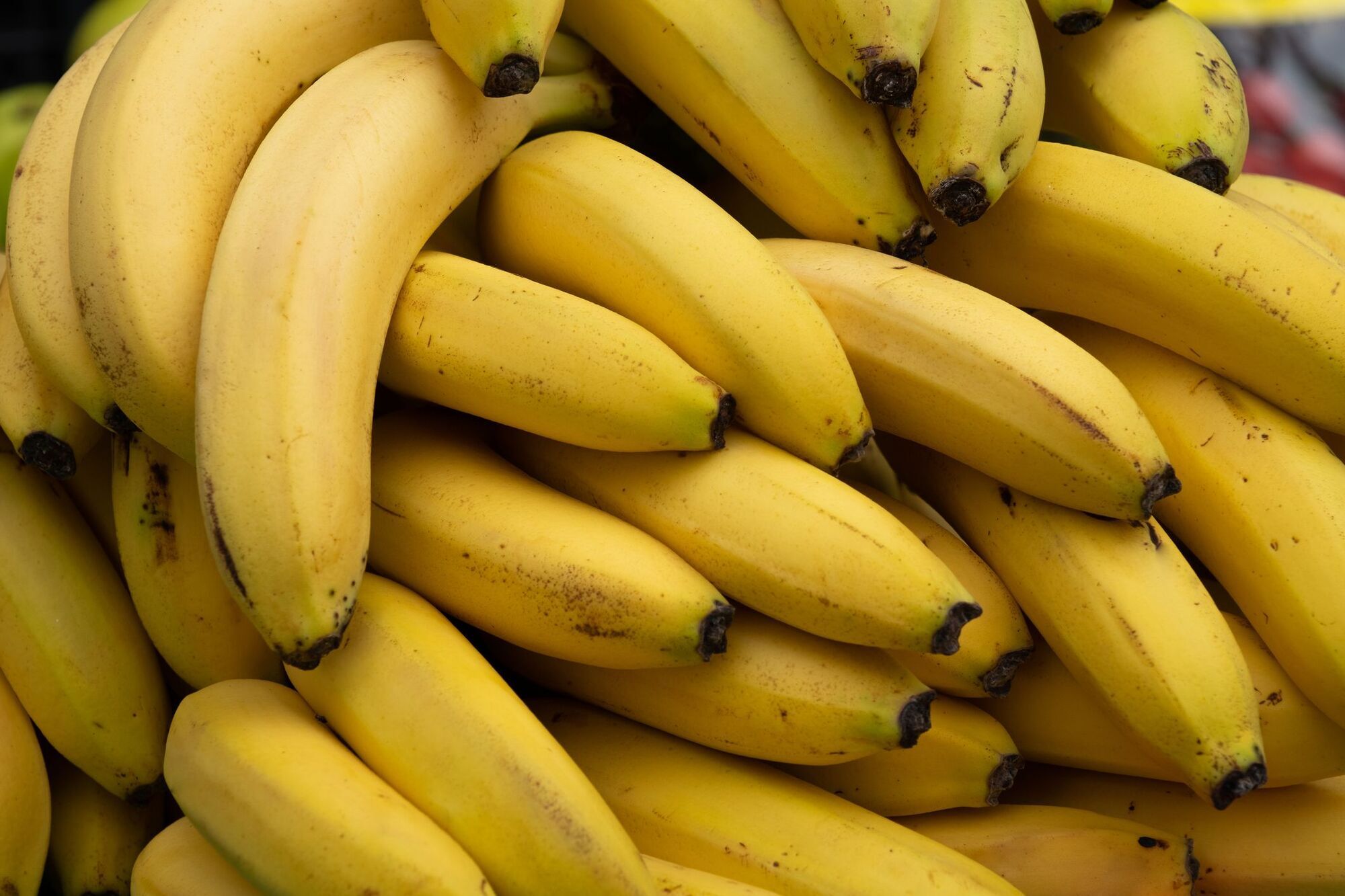Why Are Bananas Considered Bad Luck on a Boat?

The notion that bananas harbor bad luck on boats is a curious maritime superstition dating back to the 1700s. It began when trade ships from the Caribbean and Spain mysteriously sank. Floating among the wreckage were bananas, leading seafarers to believe these fruits cursed their voyages. This bizarre connection fueled various tales and widespread beliefs among sailors.
What About Fishing Boats?
Fishermen also maintain that bananas invite bad luck. They blame them for missed catches, mechanical failures, and inclement weather. One reason for this belief is that bananas release ethylene gas, known to repel fish. Their sweetness and stickiness may further deter fish, making them perceived threats.
Bananas supposedly contribute to mechanical issues on boats. Fishermen recount incidents of malfunctions, including bait wells quitting unexpectedly. Some have reported tows home due to engine failure soon after bananas were on board. Anyone familiar with boat troubles understands the helplessness of being stranded, armed only with the hope for assistance.
Many fishermen claim that on seemingly perfect days, ominous skies can appear just after setting sail. It's alarming to face thunderstorms and lightning while being the tallest object in open water. Being chased back to shore by storm clouds and rain is concerning.

Why Are Bananas Considered Bad Luck on a Boat?
1. Spiders
During the 1600s and 1700s, spicy cargoes of bananas were often stowed with unwanted guests—spiders. While not all spiders are specifically tied to bananas, many eventually ended up aboard ships after being hidden among the crates. Venomous spiders could bite unsuspecting crew members, potentially leading to dire circumstances. Lacking modern medical care, many may have faced illness onboard. Hence, it’s easy to see how such incidents led to a conviction that bananas are ominous.
2. Ethylene Gas
In the 1700s, sailors believed that storing bananas alongside rationed provisions led to spoilage. Spoiled food left minimal rations, especially during prolonged voyages impacted by unforeseen storms or navigational errors. The ripening accelerated because bananas emit ethylene gas—which causes fruit to overripen.
Other commonly ripening fruits influenced by ethylene gas include apples, apricots, and avocados. This emanation can severely shorten the lifespan of perishable goods, reinforcing the superstitions surrounding bananas.
3. Fires
Just as bananas hasten ripening, they additionally expedite fermentation. Lack of knowledge led sailors to carry substantial loads of unfamiliar goods. This oversight resulted in foul odors and spontaneous fermentation that created combustible alcohol extensively. When trapped within wooden ships without fire safety measures, potential fiery accidents could occur.
Sailors lucky enough to escape found themselves adrift, further entrenching the belief that bananas could bring misfortune.
4. Floating Bananas
Floating bananas have also helped popularize this superstition. After shipwrecks caused by storms or treacherous reefs, other ships would discover the wreckage by following trails of floating bananas. These signs, without any distress signals or means of communication, would strongly reinforce the idea that bananas were intrinsically linked to misfortune.
In summary, whether or not one subscribes to superstitions, the folklore surrounding bananas and boating is both pervasive and intriguing. Given the myriad of stories and references documented throughout maritime history, many fishermen worldwide maintain that bringing bananas on board a fishing boat invites disaster, even as they consider other factors responsible for their misfortunes.
Earlier, SSP told why we knock on wood for luck.



















